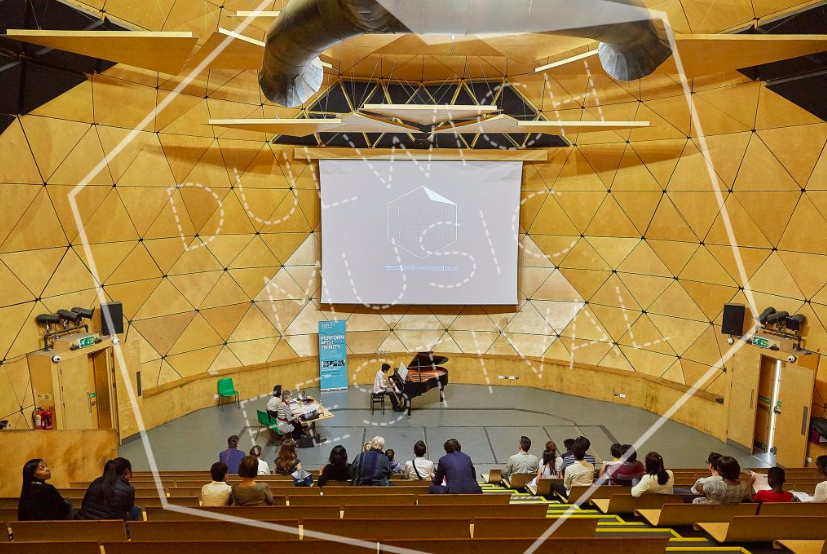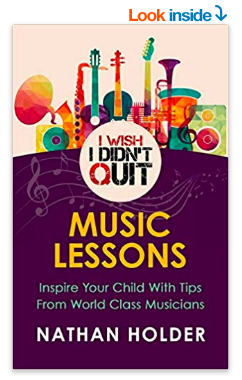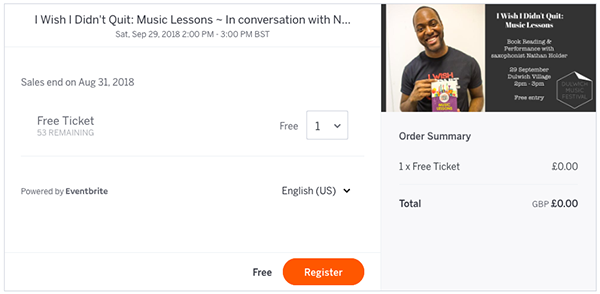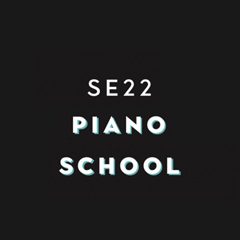Hello, I’d like to enquire about piano lessons. My daughter is turning 7 soon, would she be able to reach Grade 5 by age 11?
This is a common message that I receive from parents of prospective students. To understand the reason behind the question: Grade 5 is commonly cited by private schools as a minimum standard of achievement to enter secondary school on a music scholarship. Age 11 coincides with the time that a student would sit an entry exam.
Whilst it’s impossible to assess a child’s future potential without having met them, it is possible to give a reasonable indication of what would be required to reach Grade 5 by this age. We have many students attaining higher grades at this age but with it comes a great deal of behind the scenes preparation and above all, a huge passion and enthusiasm for the piano. Without a real desire to learn the piano, there will be limited progress that can be made, especially when it comes to attaining the higher grades that become very demanding of the hours of practice you need to do at home.
Also be aware that music scholarships will often have candidates of around Grade 7 and 8 playing the piano to distinction level, so a Grade 5 piano certificate may not always be sufficient to gain a music scholarship. If you have ever heard the performers at the Dulwich Music Festival, you will know that there are some extremely talented youngsters in our area performing on multiple instruments to a fantastic level of proficiency. Many of these performers are music scholars at local private schools.
As a very rough measure, we say it takes around 1 to 2 years to start working on Grade 1 from the time of starting lessons, and then usually a further year to learn all the requirements for the exam. For some of our younger students, it may be 3 years from your first lesson until you sit your exam – or perhaps longer. I prefer not to prescribe any time limits as each child learns differently but this could be considered a guideline amount of time.

The recommended amount of daily practice is 30 minutes for Grade 1 and this increases significantly with each grade. Not all students can commit to this level of practice as they have several extra-curricular activities during the week so this may slow down progress. Younger students often practice better in the morning before school as they are usually quite tired after school.
Many of our students prefer not to follow the graded exam system and some are playing at an extremely high level and have explored a much larger range of repertoire than students that only work on graded exams. They participate in music festivals, competitions, study GSCE music and can choose to dip in and out of graded exams as required. This pattern of learning suits many students, particularly teenagers, as it empowers them to be in control of their piano journey, not learning according to a prescribed syllabus.
Exams complement the learning experience but our teaching philosophy is to impart a love of music and a passion for the piano in all of our students. If a student comes into each lesson eager to show us what they have done at home, or to show us their own composition, or to tell us how they are going to play for the whole school in assembly soon, then we know we have instilled the joy of music in them that will last for a lifetime, not just during the school years. Many of the parents of our students learned an instrument in their youth – sometimes to a very proficient standard beyond Grade 5, but few have continued to play and some have forgotten much of what they learned. This is why we believe that learning the piano just to pass a few grades is not the a holistically musical way to teach. We listen to the individual needs of each student. We find them repertoire they love – whether it’s pop music, classical or film music. We encourage them to improvise, to perform duets with their teacher or fellow students. We love to see them performing at our recitals to showcase their hard work to friends and family. We give them opportunities to play at amazing venues in London such as Handel & Hendrix Museum and Clementi House in Kensington.
We want to pass on the baton of enthusiasm for piano playing to the younger generation, just as our teachers did for us!
For those that need some ideas to motivate children to learn an instrument, we recommend this book by Nate Holder I Wish I Didn’t Quit: Music Lessons.


